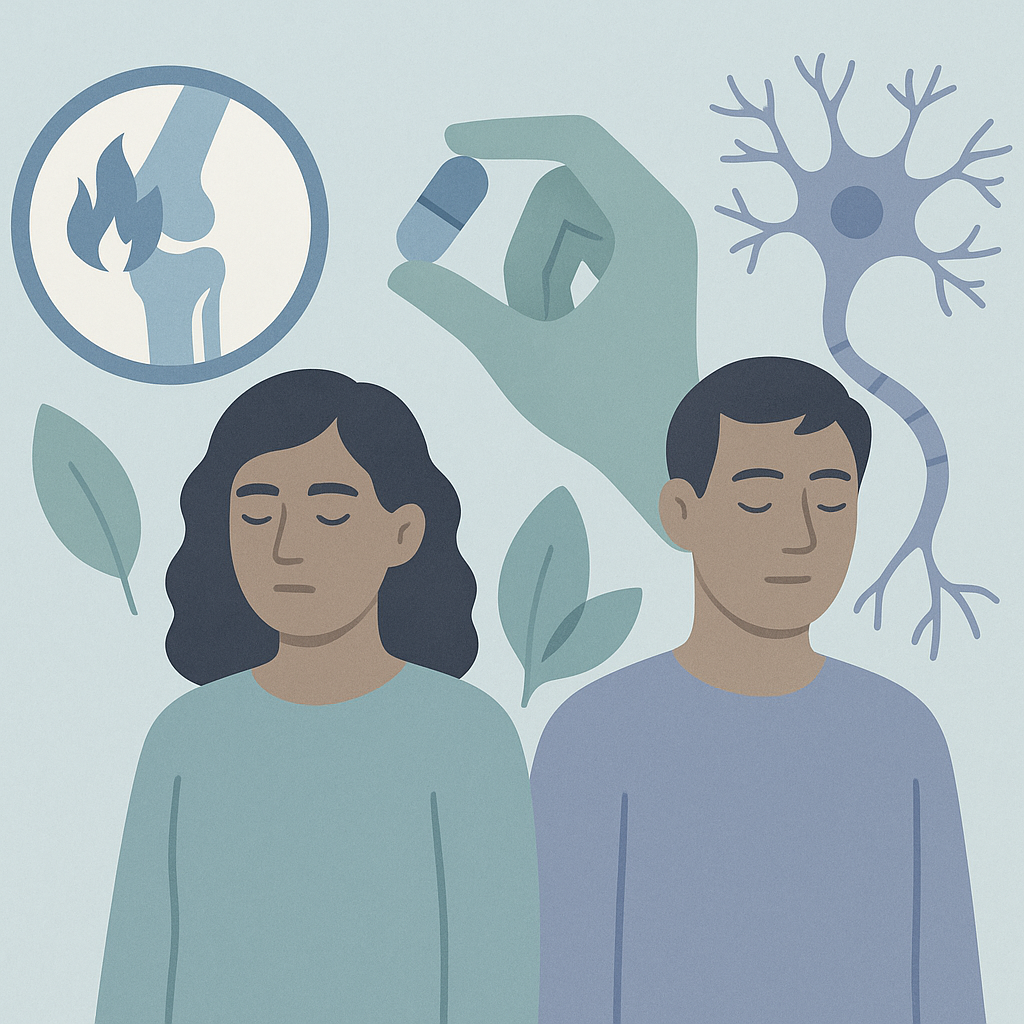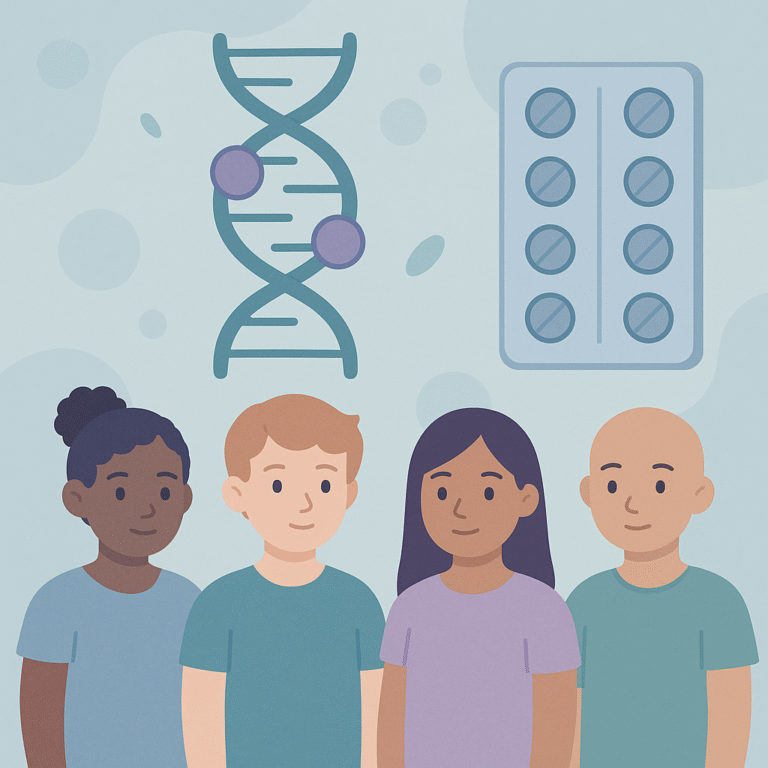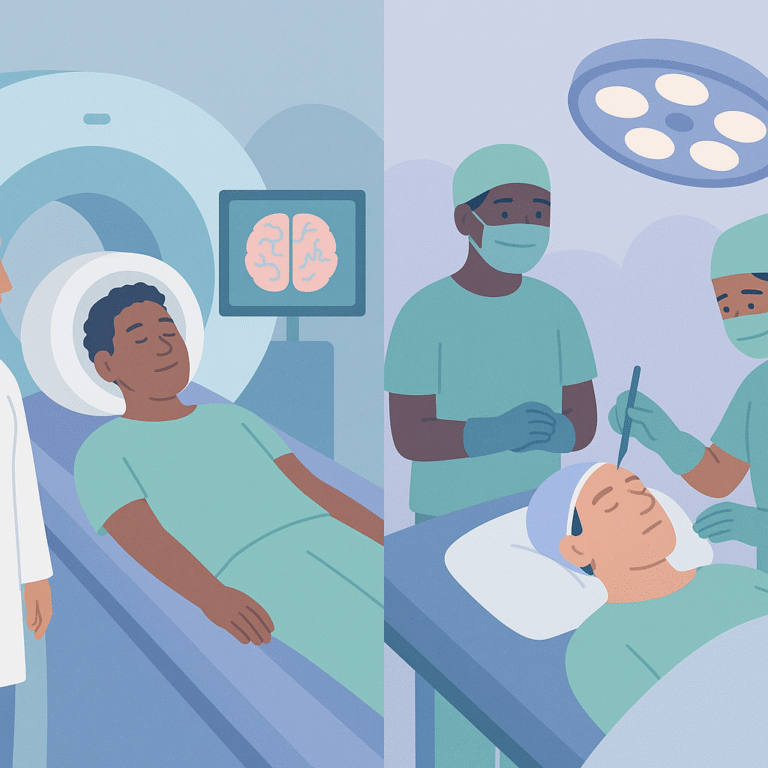Gastrodin May Help Reduce Inflammation and Neuronal Damage
Summary
Researchers investigated the effects of gastrodin (GAS), a natural compound from the plant Gastrodia elata Blume, on epilepsy using a rat model. The study involved testing how GAS could help reduce seizures and protect brain cells in rats that were induced to have epilepsy. The researchers also looked at how GAS affects brain cell health and inflammation through various laboratory experiments.
The main finding of the study is that GAS appears to help protect brain cells and reduce inflammation in the context of epilepsy. Specifically, it was shown to lower the death of nerve cells in the hippocampus, a brain area important for memory and learning. Additionally, GAS helped balance certain molecules in the brain that are linked to oxidative stress and inflammation, which are harmful to nerve cells.
This research is important because it suggests that GAS could be a potential treatment for epilepsy that may have fewer side effects than current medications. However, it is essential to note that this study was conducted in rats and is still early in the research process. More studies are needed to confirm these findings in humans and to understand the full effects and safety of GAS as a treatment for epilepsy.
Related reading
- Link Between Neuron Damage and Cognitive Issues in Lupus
- Improving Seizures and Ataxia with Anti-GAD Antibody Treatment
- Hippocampus Plays Key Role in Epilepsy Development
- New Nanocapsules Target Brain to Treat Epilepsy and Improve Mood
- Cinnabar Shows Promise for Managing Seizures in Mice
- New Compound Shows Promise for Treating Epilepsy Seizures
Free: Seizure First Aid Quick Guide (PDF)
Plus one plain-language weekly digest of new epilepsy research.
Unsubscribe anytime. No medical advice.





